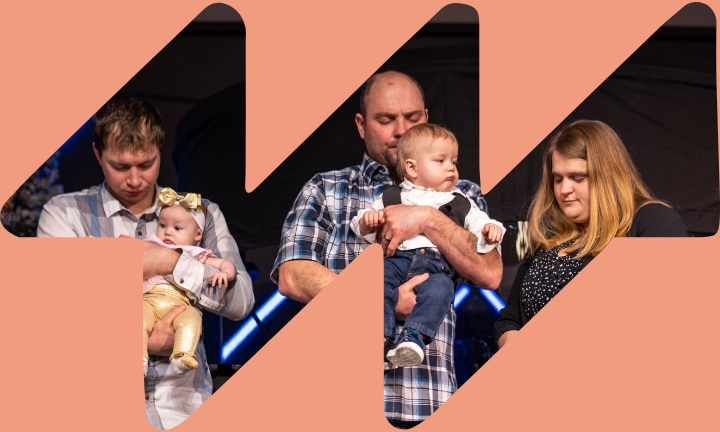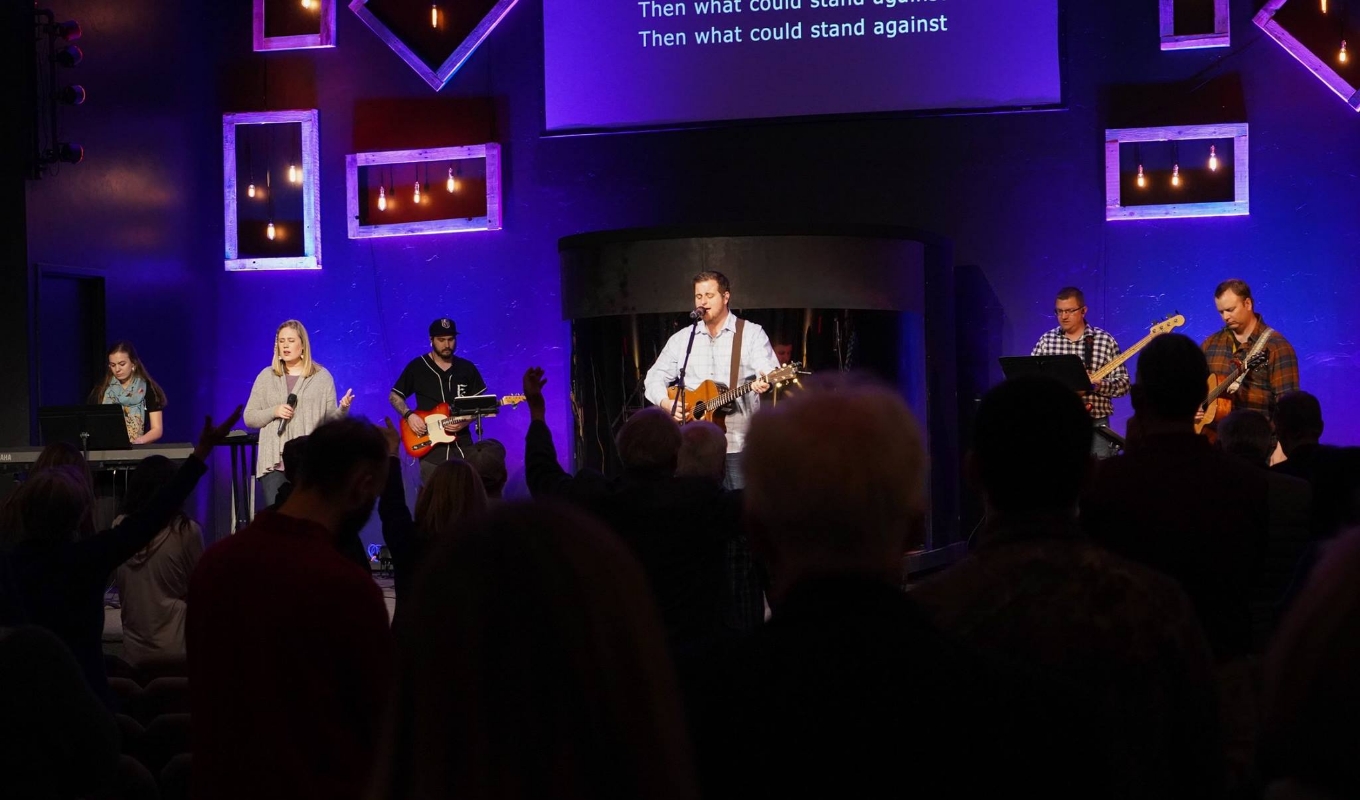I am not ashamed to admit that I have struggled with depression all my life. I did not know that I had emotions until I was in the final year of college. Emotions were something that lay buried deep within me, and I had never addressed them. There was a reason for what happened to me when I was in my final year of College. I was a full-time student. I had a job that required 4-5 hours a day. I was president of the Student Council, and I was assigned a position for developing the annual yearbook for the College. I knew life was becoming tense for me. I was to be married to the gal who has been my wife now for 65 years. But little did I know that the fiber that held my inner life together was ready to snap. During that time, I lost all sense of who I was. I lost that call of God on my life that had been the motivation that had pushed me to where I was presently. I had to tell the gal to whom I was to be married that I was giving it all up and I was going home. Thus, I found myself on the Great Northern, headed to Whitefish. My dad picked me up, and we drove up to Polebridge. My parents owned and operated the Mercantile and cabins at Polebridge. I remember very little of those days other than the fact that I worked around the place, skied into Bowman Lake and rode horseback by myself trying to figure out what was happening inside of me. As I allowed the rubber band of my emotions to relax and I began to think properly, I realized I had made a terrible mistake. God had called me, I did love the gal I had been going with for the last year and a half, and I realized God did have a plan for my life. So, I found myself back on the train to go and pick up the pieces of my broken life.
That was my first experience with my emotions. Since then, I have ridden the roller coaster of life; I have examined my inner life, and I have examined who I am and who God called me to be. This examination was aided by both study and skilled people. I have asked God to help me figure out this inner part of my life, and He has.
One of the greatest prescriptions for my troubled soul has been the Book of Psalms. In reading, teaching, and preaching, as well as putting them into practice, I have found healing for the inner man.
Psalm 15 is an example. Though it only has five verses, those five verses have penetrated my life into my inner man and made me whole. David, the King of Israel, asks a very simple question in verse one; “Oh Lord, who may abide in thy tent? Who may dwell on thy holy hill?’ David is not asking how to find God; he has done that; he is asking who it is that pleases God that they may abide in peace with Him. He then goes on the list 12 things that prepare a person for this privilege. Those 12 things can be categorized under six headings. These six categories are character, speech, conduct, values, integrity, and money. Each one is held in tension with the other.
The first is character. “He does not slander with his tongue nor does evil to his neighbor”. It could be phrased, “his walk is blameless, and he does what is righteous”. The Psalm is saying: “the way I talk and the way I walk should not be in conflict. I do not say one thing but then do the opposite. My walk is blameless and what I do is righteous”. In essence it is saying to stay away from evil and do what is good.
The second couplet says, “…he speaks truth in his heart and does not slander with his tongue…”. This is talking about my speech. Note the couplet; “he speaks the truth…”, that’s what he does, “…but does not slander…”, that is what he does not do. Can we begin to fathom what the world we live in would be like if everyone spoke the truth? You could trust what your kids say, there would be no need for a judicial system and on it goes, because everyone speaks the truth. Deception and rationalization are so much a part of the world we live in, but not if I desire to live in God’s tent.
The third couplet is conduct. “…he does no evil to his neighbor, nor does he reproach his friend.” This brings us into the area of relationships. The previous couplet dealt with words, but here, the emphasis is on action. It would be interesting to ask my neighbors how they view my actions. What do they see?
The fourth couplet deals with values. “…the reprobate is despised but he honors those that fear the Lord.” Values are at the core of my life. One of my great concerns is the loss of values in our culture. We observe it in our relationships, our business dealings and in our personal lives. A look at who our friends are may be a measurement of our values.
The fifth couplet deals with integrity. “…he swears to his own hurt and he does not change.” How good is my word? Do I need a multiple page contract to do business with you, or do I have enough integrity that a handshake will seal the deal? The greatest example is God Himself who has made a covenant with us, and because He could swear by none greater, He swore by Himself, that He would always be who He said He would be. There is a verse in Proverbs that says, “He who guards his mouth guards his soul from trouble”. Our words reflect our inner self.
The sixth couplet will make us blink. It deals with the Jewish teaching on money. “He does not put out his money at interest, nor does he take a bribe against the innocent”. To fully understand this, you need to read Deuteronomy 23:19. Jewish teaching was that you could loan money to your friend, but not for interest. You do it for the sake of friendship, not for the sake on making money. On the other side of couplet, I do not take bribes nor use my money for self-gain.
So, who may dwell in God’s tent? It involves my character, speech, conduct, values, integrity, and how I use my money.
The Psalms have helped me to discover myself and how I measure myself using God’s measurement.



